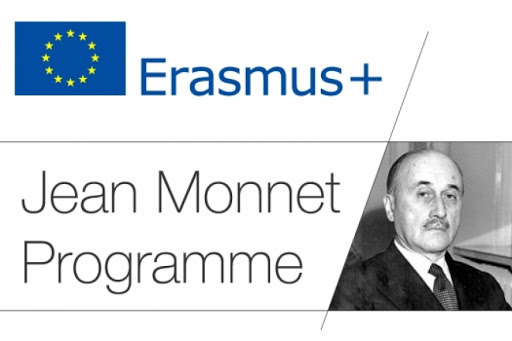We are pleased to report on the series of media literacy and critical thinking training “INFORMATION: TRUTH AND FAKES IN UKRAINIAN AND EU MEDIA SPACE: CORRELATION WITH EU PRACTICES”, that we organized and conducted on May 3-5, 2023. Our team worked hard to equip the participants with the knowledge and skills to successfully navigate the complex world of media and information.
The event was held as part of the “Extrapolation of EU strategies to increase media literacy of students in higher education of Ukraine” project under the Jean-Monet module implemented by the Department of Foreign Languages at Sumy National Agrarian University. The training sessions were scheduled to coincide with World Press Freedom Day, as the international democratic community views freedom of speech as a catalyst for all other human rights, especially in times of crisis.
Organizers, trainers and speakers were PhD, associate professor of the Department of Foreign Languages Marina Bilotserkovets; PhD, Associate Professor of the Department of Foreign Languages Yuliia Lushchyk and PhD, associate professor of the Department of Foreign Languages Tetiana Fomenko.
One of the highlights of the pieces of training was the interactive nature of the sessions conducted as a series of Zoom video conferences. We incorporated a range of different activities and exercises using various online services, applications and platforms (PowerPoint presentations; Canva service; online whiteboards Padlet; brainstorming platform Tricider; online ML_game from IREX; Kahoot for online quizzes, etc.) to keep participants engaged and to help them apply the concepts we were discussing. From group discussions, Socratic disputes, heuristics debates, and mind-mapping to case studies and photo and video analyses, we found that these activities had been a great way to reinforce key concepts and to encourage active participation from everyone involved.
There were three modules in the event, namely: “Media literacy as a key modern competence”; “Media manipulation: distinguishing and countermeasures”; “Create, consume, share critically”.
A brief analysis of the Google form with feedback shows that the participants are satisfied with the acquired knowledge, skills, and abilities. In addition, they pointed to the previous insufficient awareness in the field of media literacy in general and the peculiarities of the Ukrainian and European media spaces in particular and therefore noted the relevance of such events.
Overall, the trainings were a great success. We have had a lot of positive feedback from the participants. A brief analysis of the feedback from Google Forms shows that the participants are satisfied with the acquired knowledge, skills, and abilities. They found the sessions engaging, informative, and practical. Many commented on how valuable the content had been and how it would help them think more critically about the information they encountered on a daily basis.
Of course, we are not done yet. We will have a few more sessions, and we are looking forward to continuing to build on the progress we and our participants have made so far.





